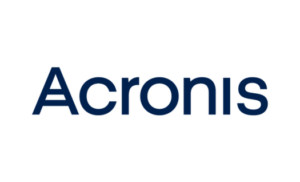
Inicio » Briefing – A complete guide to writing an agency briefing
Briefing – A complete guide to writing an agency briefing
Related Posts


When an ad doesn’t seem to belong here
19 de January de 2026

Neuromarketing and emotional branding: when emotion convinces and science connects
13 de January de 2026

Jorge López
He would have liked to be Batman (skipping the trauma of his parents' murder). And Magic Johnson too (saving that part). He started out as a journalist and moved to the Dark Side almost 25 years ago. Marbellí by birth and Madrileño by adoption. There is no better plan than eating with friends and family. And a long, long after-dinner conversation.
MORE POSTS










